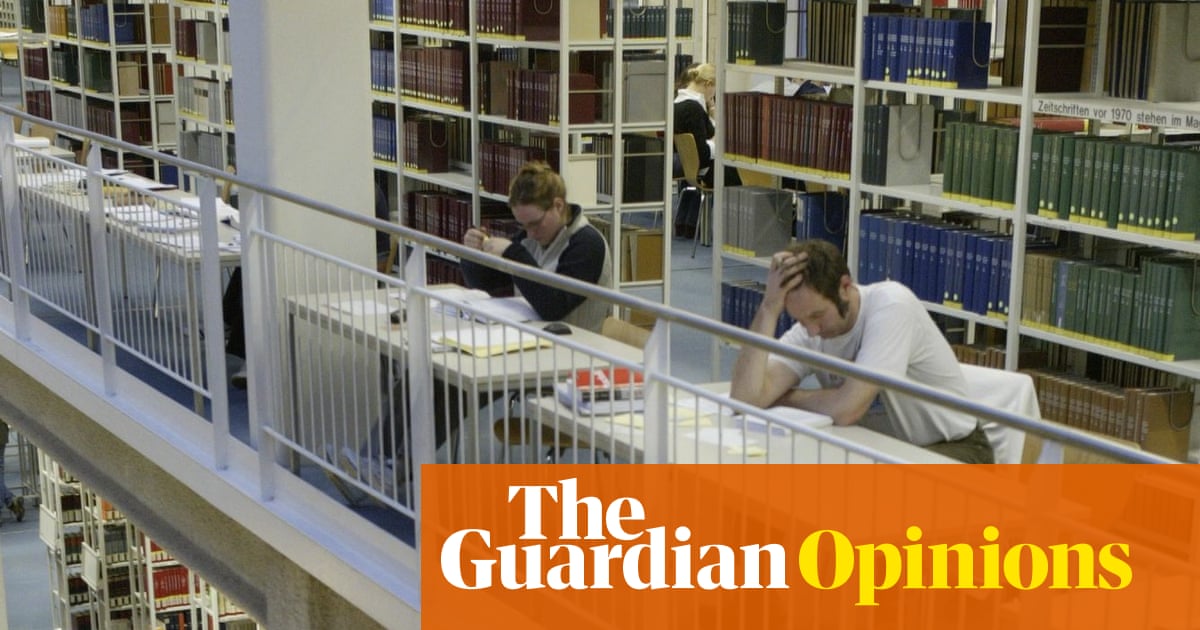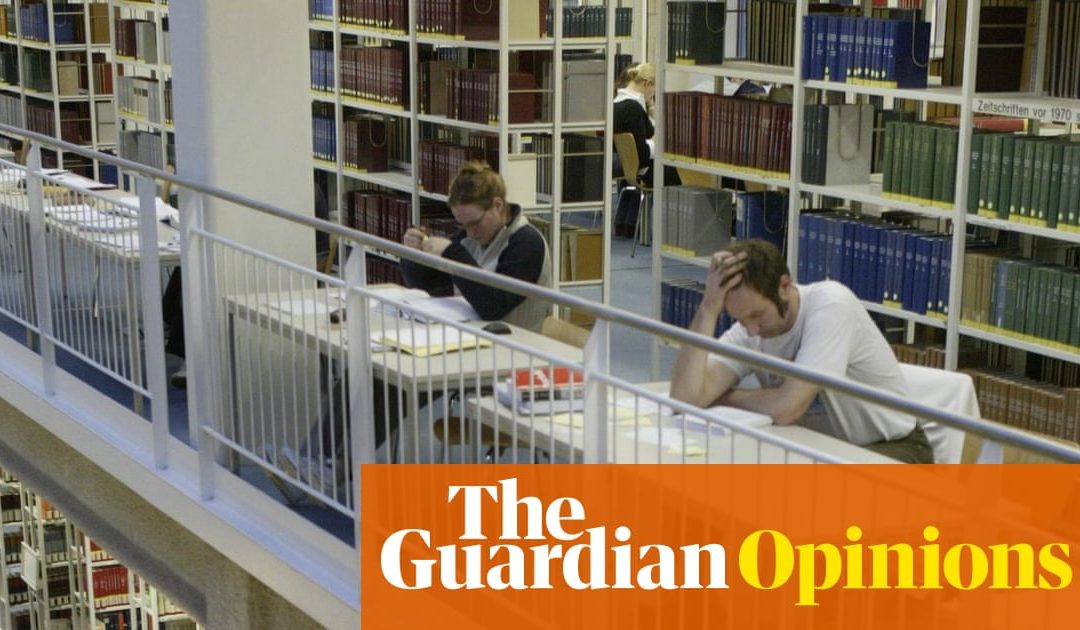Teachers are much better able to determine radicalisation than a lot of, yet in the UK they are frequently disregarded, states scholastic Cynthia Miller-Idriss

D ozens of presidents, policymakers and leaders of innovation business collected in Paris today to go over social networks’s effect on international terrorist violence. Their objective– to get rid of violent and terrorist material online– is an admirable, needed action towards combating extremism. An important group was missing out on from the conference: teachers.
During lots of conferences about extremist radicalisation and violence throughout Europe and the United States over the previous numerous years, I’ve fulfilled lots of academics, CVE (countering violent extremism) experts, terrorism diplomats, experts and policymakers working to comprehend the roots of extremism and methods to stem violence. These conversations normally bring specialists together to go over collective methods to police and monitoring, find out about brand-new research study findings and useful efforts on the ground– and create top-level, global public-private cooperation around concerns such as online radicalisation.
But I have actually been struck by how hardly ever these conferences consist of the very professionals whose useful understanding is most main to comprehending how youths may be susceptible to radicalisation to start with– the instructors, social employees, professions counsellors and youth advancement employees who connect with youths every day. In some cases these events consist of first-line responders and specialists operating in counter-radicalisation, however normal teachers are overlooked.
This is a quickly corrected oversight. There is currently a robust design in location to assist in simply these kinds of exchanges. For years, ratings of headteachers and instructors, professions officers and counsellors and others have actually taken a trip to Germany from throughout Europe and worldwide to discover the German occupation training system– the way in which most Germans utilize a double system of work environment apprenticeships integrated with school-based knowing.
Visitors take part in extensive research study trips , journeys to training centres and certificate courses in Germany to find out about this apprenticeship design.
Even if apprenticeship-style systems never ever establish in their house neighborhoods, for instructors who have actually just experienced an extensive scholastic high school design, observing the German method can open a totally brand-new method of thinking of secondary education. This develops awareness amongst professions and instructors counsellors about non-college-bound paths, assisting them comprehend alternative paths to the adult years for all youths.
Germany can likewise be the design for education-based counter-extremism work. The German method– rooted in years of experience restoring democracy after the Holocaust– is certainly the broadest and most thorough to combating reactionary extremism worldwide. Class teachers and instructors get substantial assistance to enhance understanding of extremist youth culture and find out brand-new methods to engage those at threat.
The technique surpasses the class and runs throughout all levels of society, embedding counter-extremism education into regional theatre and arts programs, football groups, performances, deal with spiritual groups and more. There are even regional “mobile consultant” centres in every area, released to assist regional neighborhoods struck by extremist violence or propaganda.
Just as teachers beyond Germany have actually been studying the nation’s apprenticeship system for many years, this might quickly be adjusted for individuals to gain from the German technique to avoiding extremism.
Educational loaning does not constantly work, naturally. Efforts to adjust and move academic policies and practices throughout borders are frequently critiqued for stopping working to think about regional cultural, political, or financial contexts. When done well, cross-national exchange is an important method.
It would be fairly easy to adjust the design of global academic exchange to concentrate on counter-extremism work, utilizing methods that go far beyond security and police. When they are very first exposed to extremist material, #peeee
Classroom instructors and youth employees are the people most likely to come across youth throughout the durations. They are preferably located to react and acknowledge to early indications of radicalisation. To do so efficiently, they require training, resources, and direct exposure to originalities, methods and appealing practices from around the world.
But initially, they need to be welcomed to the table.
– Cynthia Miller-Idriss is teacher of education and sociology at the American University in Washington, DC and senior fellow and director of outreach at the UK-based Centre for Analysis of the Radical Right


Recent Comments